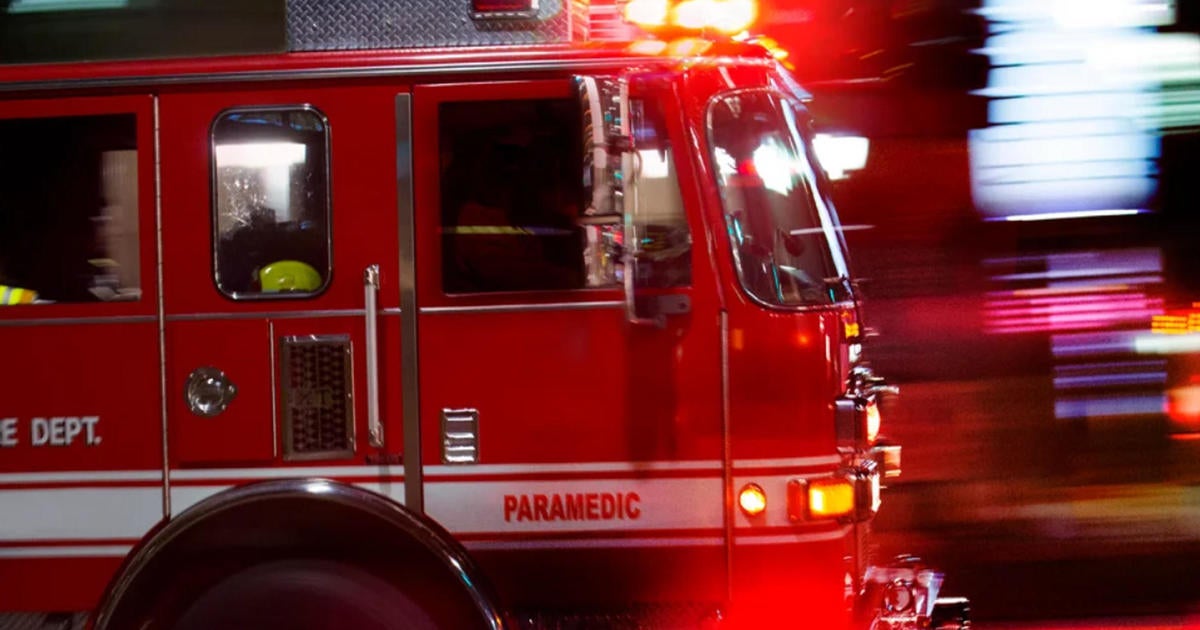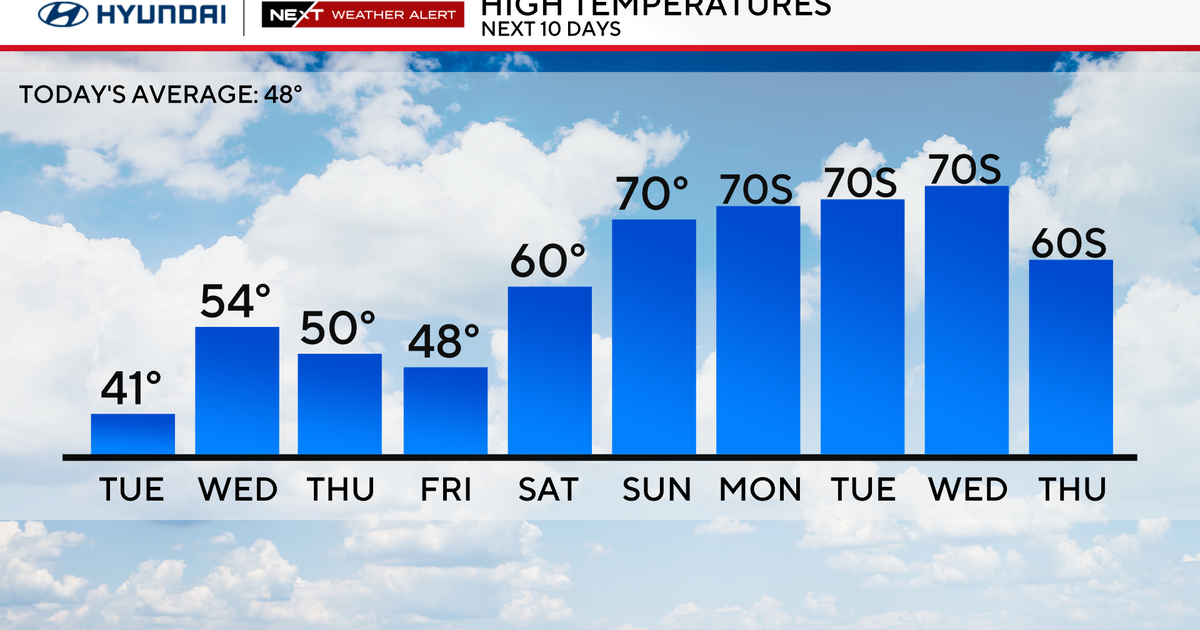Cats died after drinking raw milk from bird flu-infected cows
More than half of cats around the first Texas dairy farm to test positive for bird flu this spring died after drinking raw milk from the infected cows, scientists reported this week, offering a window into a toll the virus has taken during its unprecedented spread through the cattle industry.
The report, published Tuesday in the Centers for Disease Control and Prevention's Emerging Infectious Diseases journal, chronicles the early investigation by veterinarians and academic laboratories into a disease that started spreading through cows across the region earlier this year.
Cats at the Texas farm had been fed raw milk from cows that turned out to be infected with highly pathogenic avian influenza, or HPAI H5N1. A day after the farm first started noticing cows were getting sick, the cats started getting sick too. By the end, more than half of the cats had died.
"The cats were found dead with no apparent signs of injury and were from a resident population of [approximately] 24 domestic cats that had been fed milk from sick cows," the scientists wrote.
Tests of the samples collected from the brains and lungs of dead cats yielded results suggesting "high amounts of virus." Autopsies of the cats also revealed "microscopic lesions consistent with severe systemic virus infection," they said, including to the eye and brain.
Around 1 in 5 samples of milk the Food and Drug Administration checked from U.S. retailers tested positive for H5N1, though the agency said last week that studies so far show that pasteurization is working to kill off the virus in milk; only harmless fragments remained. Officials have repeatedly urged Americans not to drink raw milk.
While the spread of the virus from cows to cats through raw milk is new, cats have long been known to scientists as one of the species especially vulnerable to severe disease from H5N1.
The U.S. Department of Agriculture has said that deaths and neurological disease in cats have been "widely reported" around farms with outbreaks of the virus.
By contrast, only a fraction of cows — up to 15% —developed signs of illness in herds with the infection, the scientists said. Officials have said that cows largely recover within a month after their infections. The virus has been devastating for poultry flocks that faced widespread deaths or had to be culled after contracting the virus from wild birds.
Previous research has linked deaths and neurological disorders in domestic cats to H5N1 infections. An earlier study published by the CDC journal from Thailand back in 2006 suspected a cat had contracted the virus after eating an infected pigeon.
But the recent infections prompted the CDC this month to issue new guidance for veterinarians treating suspect H5N1 cases in cats, urging stepped up measures like donning respirators and goggles to avoid contracting the virus.
"While it's unlikely that people would become infected with bird flu viruses through contact with an infected wild, stray, feral, or domestic cat, it is possible — especially if there is prolonged and unprotected exposure to the animal," the agency said in its guidance.
Some cases in humans have also been suspected to have been caused by consumption of infected birds, like in Cambodia earlier this year.
Meanwhile, authorities have been racing to curb further spread of the virus in dairy cattle, which is believed to have been spreading from cow-to-cow since a single initial spillover from wild birds earlier this year.
"Ingestion of feed contaminated with feces from wild birds infected with HPAI virus is presumed to be the most likely initial source of infection in the dairy farms," the scientists wrote.
The U.S. Department of Agriculture said Monday it would test ground beef sold at retailers for H5N1 and would study how cooking beef could curb potential risk posed by the virus, in the wake of an earlier order ramping up testing on dairy cattle being shipped over state lines.
It is unclear whether any ground beef samples have so far tested positive for the virus. Results "are forthcoming" and will be shared when available, the spokesperson said.
Meanwhile, over 2,000 tests have been run by the department so far this month from cattle.
"As of April 30, 34 dairy herds have been impacted by H5N1. For context, there are more than 26,000 dairy herds nationwide," the spokesperson said in a statement.







